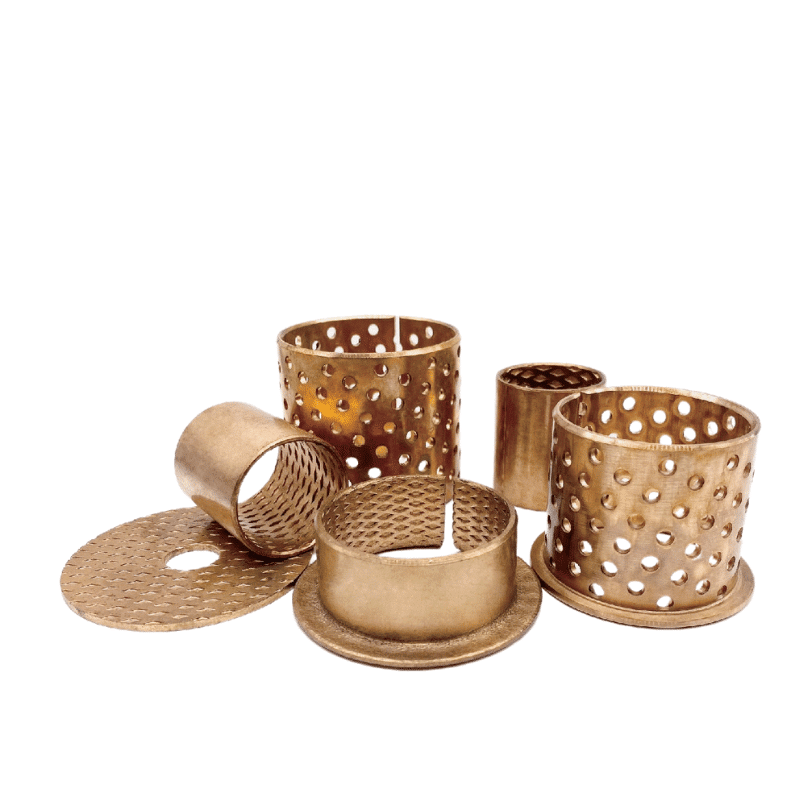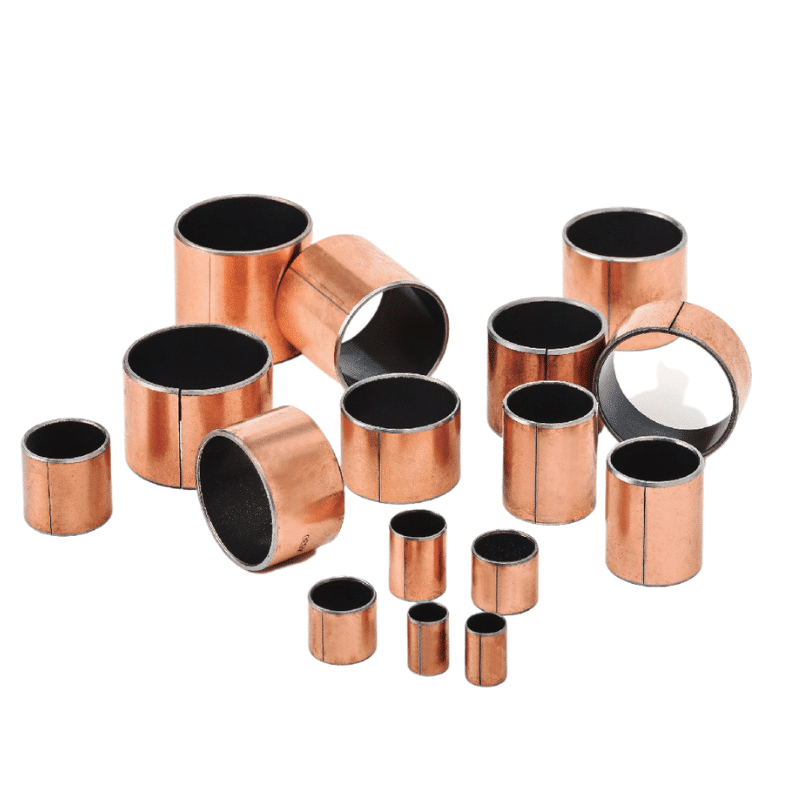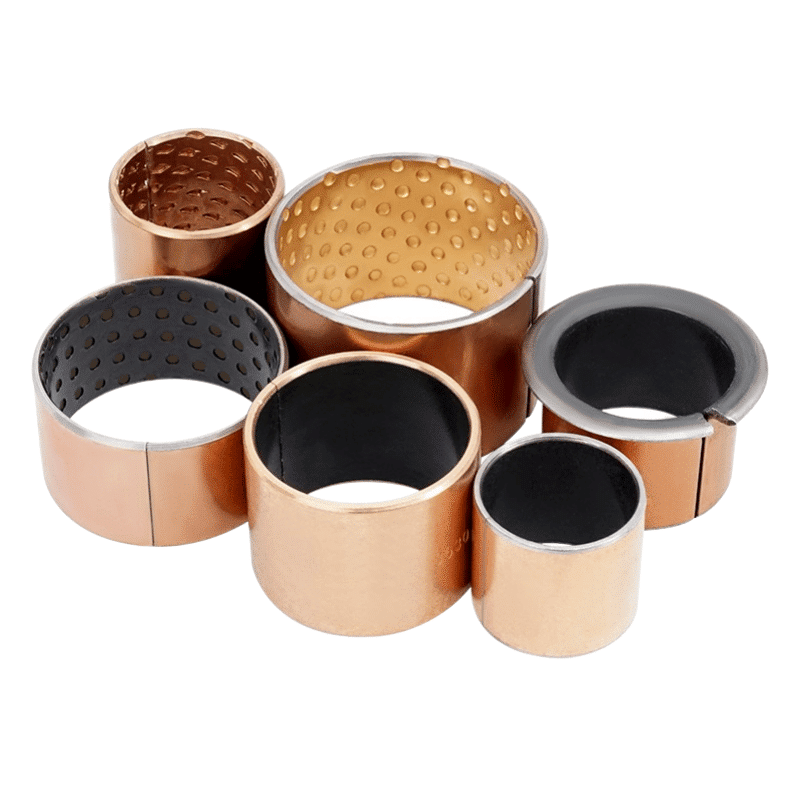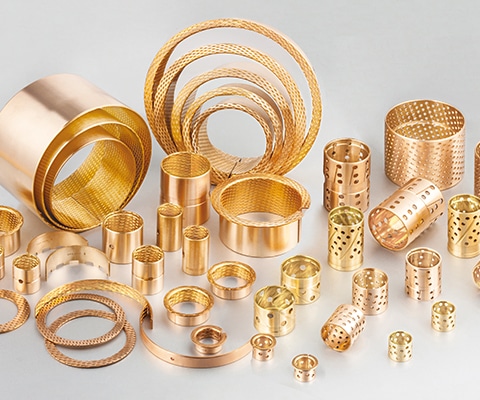Durable, reliable bushings.
Primary Metal Bearings Bushing
Industry-leading range of standard-size bushing bearings. Manufacture and supply of bronze bearings: sleeves, flanges, and washers. Cast bronze. Reliable, durable bushings for your needs. Self-lubricating bushings in the U.S. are classified under HTSUS 8483.30.8090, essential for accurate customs processing to prevent extra fees or delays.
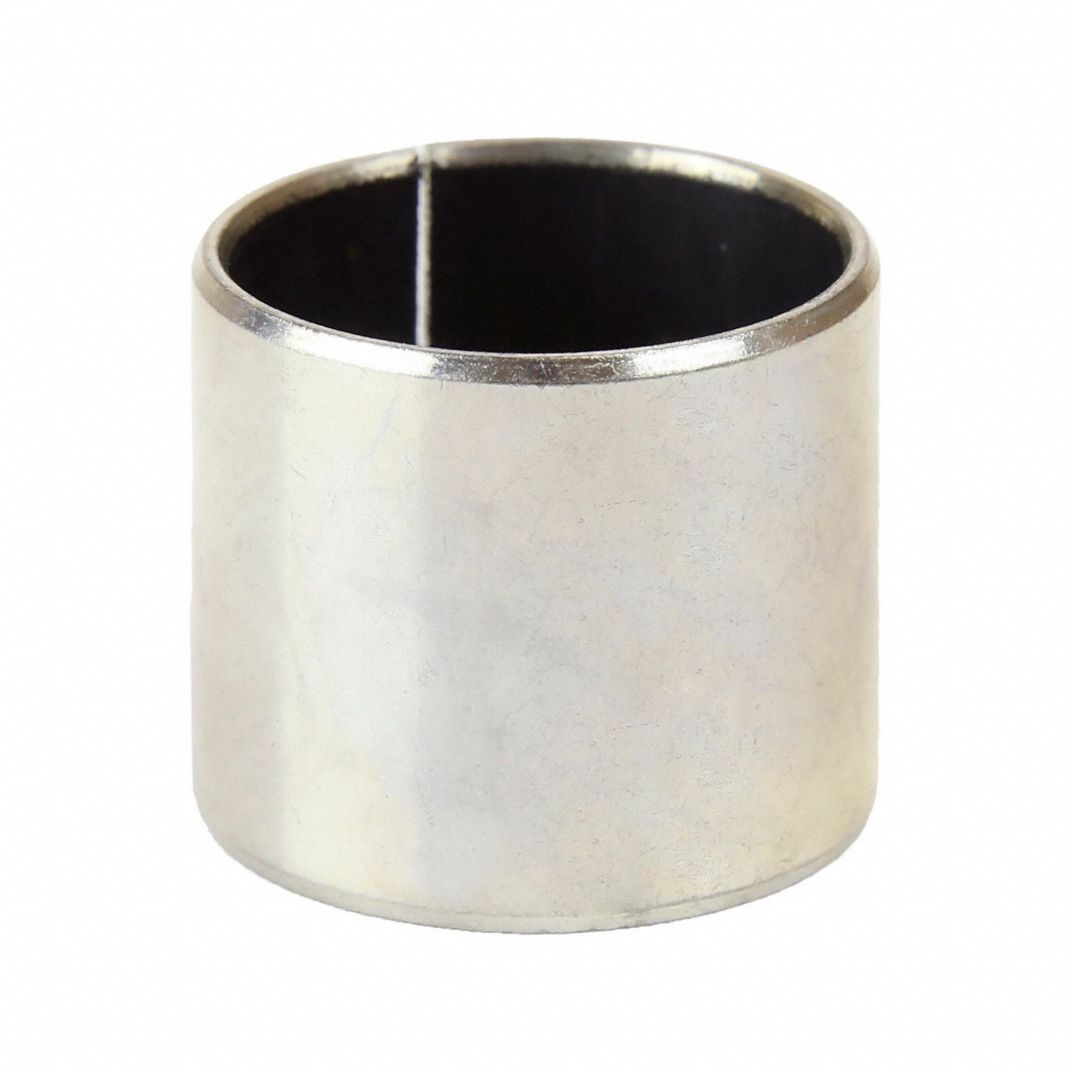
Self-lubricating bushing exporter
A self-lubricating bushing exporter specializes in exporting bearings that contain embedded solid lubricants and do not require external lubrication. These bushings are ideal for use in environments where lubrication is challenging, such as high-temperature areas or locations with limited maintenance access. To find a suitable exporter, search online for companies experienced in exporting these products to your desired destination.
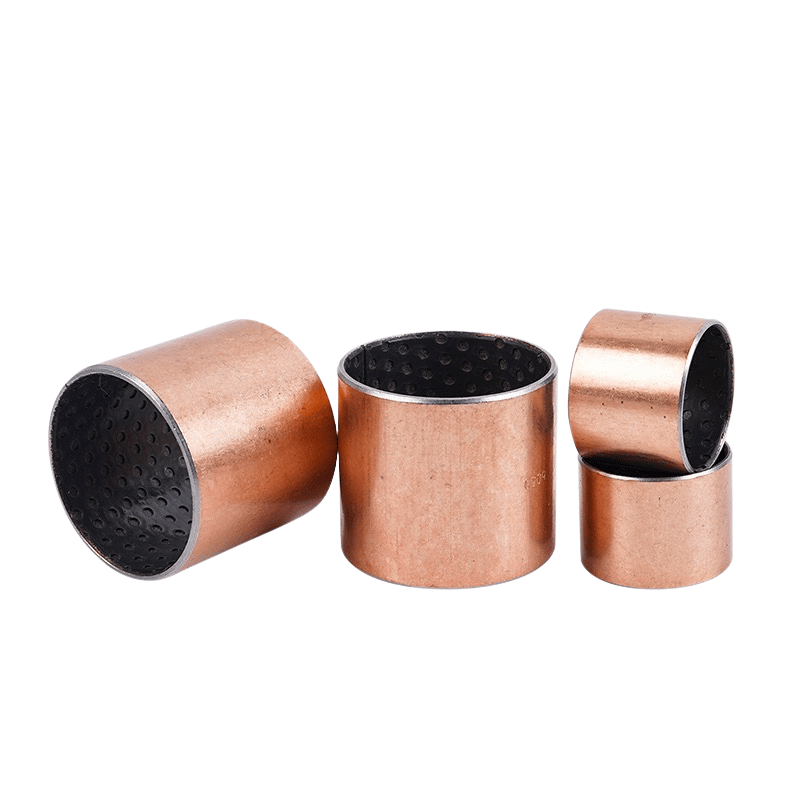
Importance of Bushing HS Codes
in the Harmonized System
Self-Lubricating Bearing Bushing HS Code: What You Need to Know
Self-lubricating bearing bushings are vital in industrial machinery, offering a low-maintenance solution to reduce friction and wear. Knowing the correct HS code is crucial for seamless import and export. The HS code varies based on the bearing material: sintered metal bearings might use code 8483.30, while plastic or composite bearings may have different codes.
HS codes can differ by country, so it’s essential to check the specific requirements of your target market to ensure compliance. Correct classification is key for customs clearance and can affect costs and timelines; misclassification can lead to fees, fines, or shipment delays.
Collaborating with an experienced logistics provider or customs broker can help ensure the proper classification and compliance with local regulations. Additionally, verify that your bushings meet any other relevant regulations or standards, such as environmental or safety requirements. Understanding these aspects is crucial for successful international trade of self-lubricating bearing bushings.
Bushing HS Code: Understanding the Importance of Harmonized System Codes for Bushings
Bushing HS code, or harmonized system code, is crucial in international trade for classifying and identifying products for customs. This global product coding system ensures proper classification and recording for trade. For those importing or exporting bushings, understanding the HS code ensures correct product classification and application of duties and taxes.
Bushings are identified by a six-digit HS code within the harmonized system, specifically under Chapter 84, covering machinery, mechanical appliances, electrical equipment, and parts. The specific code depends on the bushing type and material; for instance, steel bushings use code 84.81, while rubber ones use 40.09. Note that these codes may vary by country due to specific trade regulations.
Besides product identification, the bushing HS code influences the duties and taxes on imports and exports. Grasping this code is essential for international trade participants to ensure proper classification and adherence to trade duties and taxes.
In summary, the bushing HS code is vital for classifying and recording bushings in international trade, ensuring compliance and accurate product classification for duty and tax purposes.
What is the bushing hs code, slide bearing bushing hs code
Slide bearing bushings generally fall under Chapter 84 of the Harmonized System (HS), which includes machinery, mechanical appliances, and electrical equipment. The specific HS code for these bushings depends on their material and intended use. For instance, bronze bushings might use HS code 84.83, while plastic ones could use 39.26. Note that HS codes can vary by country due to differing trade regulations.
HS codes are crucial for customs, as they determine the duties and taxes on imports and exports. Accurately understanding and applying these codes is essential for international trade to ensure correct classification and compliance.
In summary, knowing the HS code for slide bearing bushings is vital for proper classification and tariff applications in international trade. For example, the HS code for bronze bushings under the Harmonized Tariff Schedule of the United States (HTSUS) is 8483.30.8090.
If you have questions about the HS codes for sleeve bushings or plain bearings, refer to this guide or contact us. For more detailed information on importing, such as self-lubricating bushings from China, consult statutory guides or the Harmonized Tariff Schedule (HTS).
Understanding the HS code involves recognizing it as part of a six-digit international system used for classifying commodities, allowing consistent categorization for customs across member countries. The U.S. HTS expands this to 10 digits for specific imports.
For reduced costs, consider Delivered Duty Paid (DDP) arrangements, potentially using codes like 8483.30.8090 or 8485.90.0080 to find favorable bushing prices.
Bearing Bushing Exporter, Bearing prototype, Straight Bushing Supplier!
As a bearing bushing exporter, several key factors are essential for business success:
1. Quality: Ensure your bearing bushings meet high standards to satisfy customers and maintain a strong industry reputation. Partner with reputable manufacturers or suppliers for top-quality products.
2. Pricing: Competitive pricing is vital in the global market. Research market trends to offer competitive yet profitable prices.
3. Market Research: Understand your target market’s needs, preferences, and buying patterns for business success.
4. Trade Compliance: Adhere to all local, national, and international trade regulations, including customs and export laws. Ensure your products comply with these regulations.
5. Shipping and Logistics: Reliable shipping and logistics are crucial for timely and intact delivery. Collaborate with experienced providers in bearing bushing exports.
6. Customer Service: Excellent customer service fosters loyalty and a positive reputation. Ensure customers have access to knowledgeable representatives for assistance.
By focusing on these areas, you can enhance your success as a bearing bushing exporter. Additionally, seek advice from industry experts, trade organizations, and government agencies to stay informed about industry developments.
What is Bushing HS Code: The Definitive FAQ Guide
The Custom Tariff for self-lubricating bushings involves duties and taxes on their import or export, varying based on the country of origin, destination, and the material type. Generally, plastic bushings might incur lower tariffs than metal ones due to their perceived lower value. However, bushings for specialized uses might attract higher tariffs given their increased value. Tariffs also differ between countries, influenced by each nation’s trade regulations and potential trade agreements. Understanding applicable tariffs is crucial for ensuring compliance and avoiding penalties in international trade. We provide high-quality bushings and plain bearing parts, including alternatives to GALCIER Cylindrical bushes and the DANA 806334 part, with access to Chinese exporters’ trade data.
bushing hs code
Access detailed export data on bushing prices, materials, types, key exporting countries, and major ports for HS Code 84833000.
Ensure safe and timely delivery by entrusting us with your bushing application logistics.
Plain Bearings, Bearing Sleeve HS Code, Self-Lubricating Bushings – Direct from Factory, Fast Shipping!
HTS codes are determined by the United States International Trade Commission. For example, plain shaft bearings for machinery fall under HS Code 84833080. US importers must use the correct HTS-US codes, as customs duties depend on these classifications. Explore more sleeve bearings products from China, offered by an experienced self-lubricating bushing supplier.
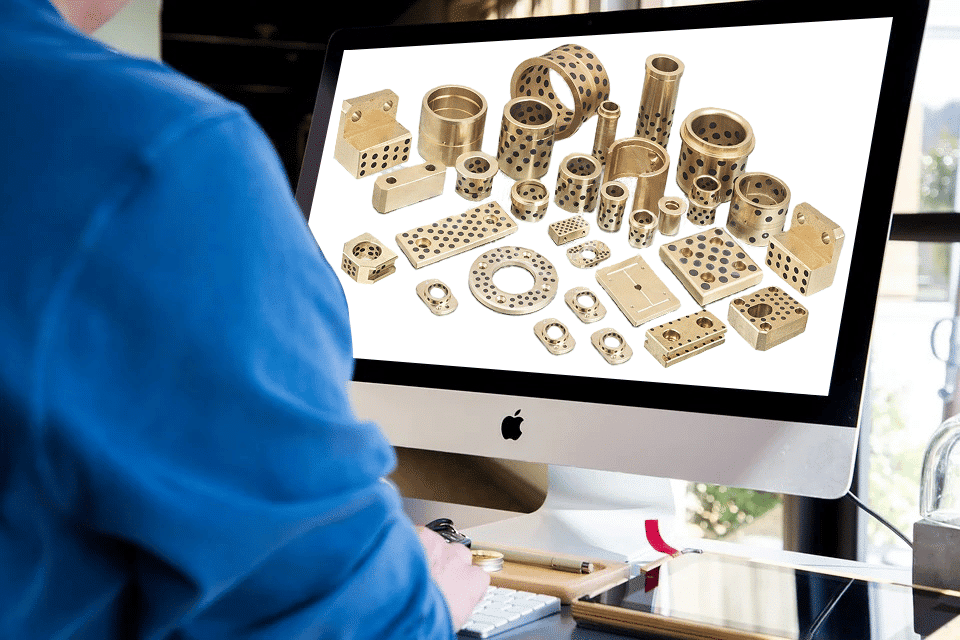
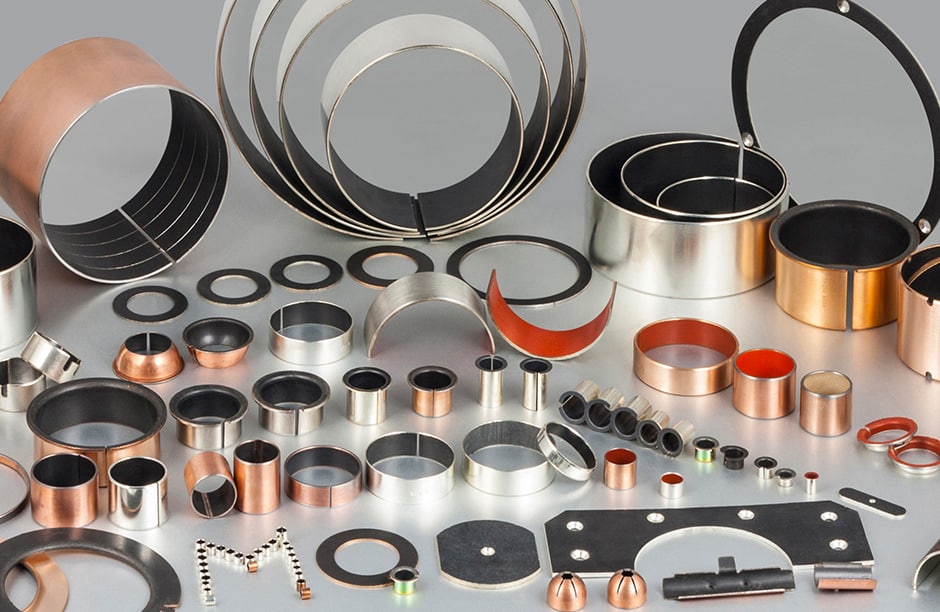
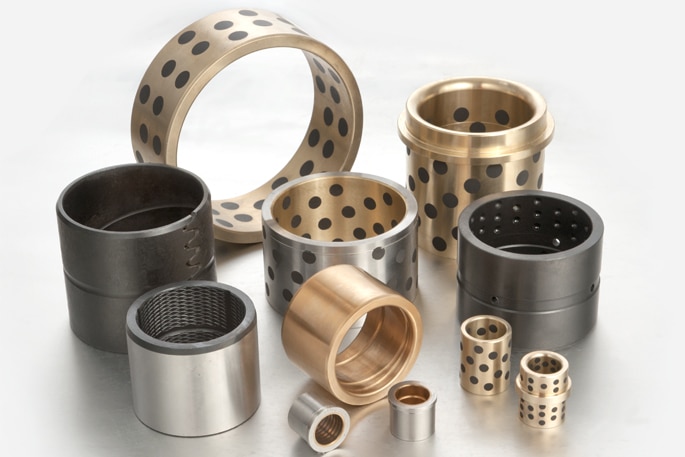
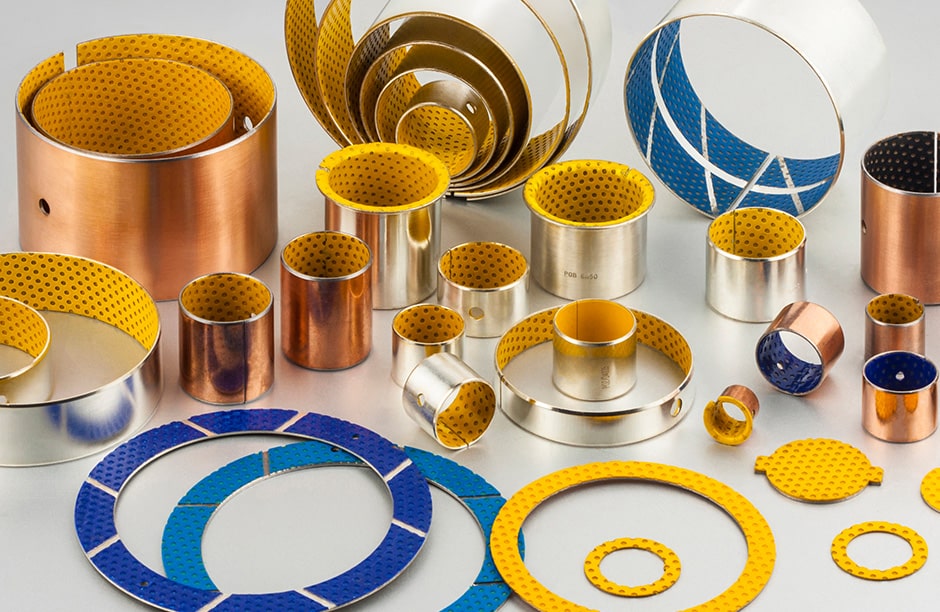
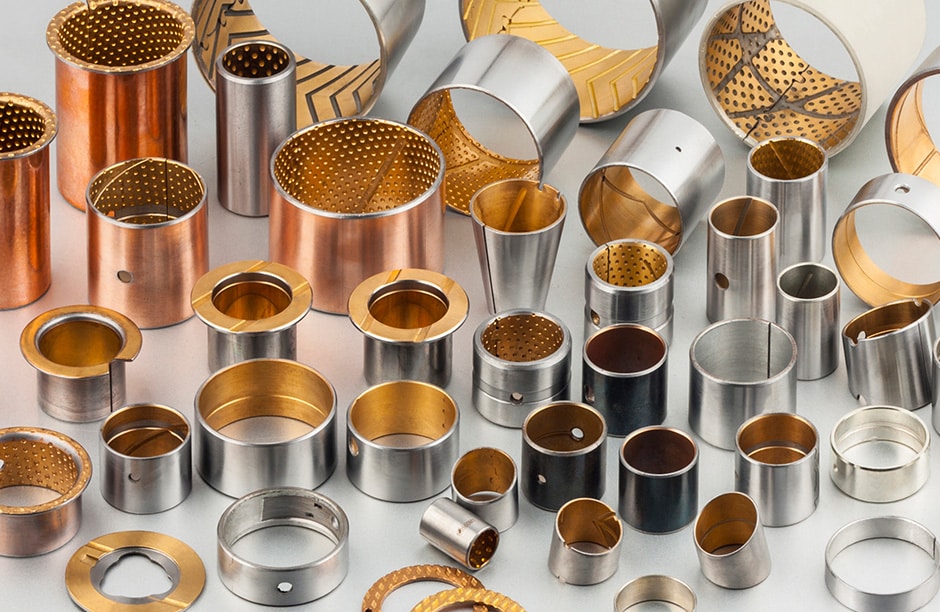
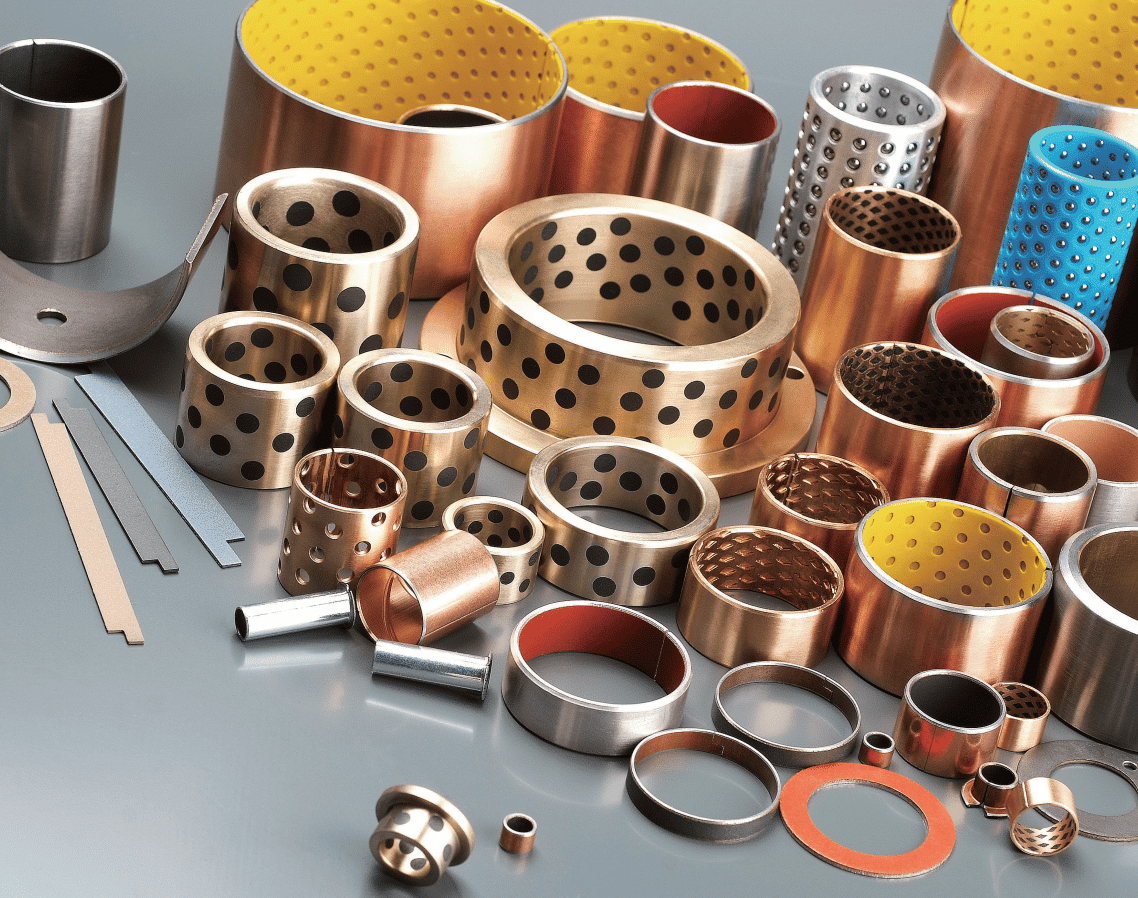
Bushing Supplier
24/7 emergency callout

